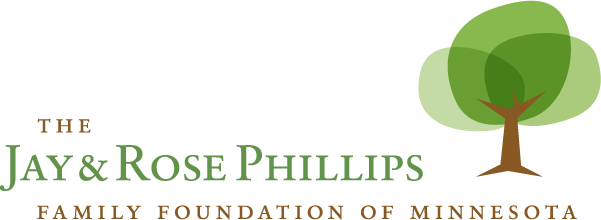At a recent meeting with the PSEI cohort we had two presenters, Allison Wagstrom from Nonprofits Assistance Fund and Maureen Ramirez from Growth and Justice. They informed us on how to build a professional network. We all know about LinkedIn and how that creates a network, but it’s mainly for keeping business contacts and not personal ones. This session got me thinking about who is currently in my life that could be in my network, as well as my future and who I want to surround myself with.
From your core network comes your own board of advisors. Each advisor fulfills a role in your life. The exercise of making my own board was more difficult than I thought. My first instinct was to use my friends and family, they would make a good personal board, but what about a professional board? I am from Missouri and all of my friends live in different states, so I had to think of people I know in the Twin Cities that could fill these roles. I found it easier to make a list of roles that I would want my board to have and came up with six: truth teller, cheerleader, connector, manager, clarifier and development coach. My first draft did include my best friend and mother, but who else could fill the role of truth teller and cheerleader better? I see my six roles in two parts, the truth teller and cheerleader have my back and the other four help me further my professional goals. I am still looking to fill some roles, but feel confident that my board will be complete in the next six months.
Another part of Allison and Maureen’s presentation focused on bouncing back, because climbing straight to the top without a few setbacks is rare. Along with many other recent graduates, I found it difficult to find a job after graduation. I didn’t have work experience, which is the main reason I joined AmeriCorps. Now that I am half way through my year, I am starting to think about plans for the future and I’ve come up short. Do I want to stay in Minnesota, move back to Missouri or do something crazy like another year in AmeriCorps in a different state? I realize now that whatever I end up choosing, it doesn’t have to be forever. According to a 2010-2011 longitudinal Labor Department study, women with a bachelor’s degree or more average 3.7 jobs from ages 22-25. (BLS) Seeing this made me relax a little. I can think about what I want my first career to be and knowing that if in a couple of years I decide this career isn’t for me, it’s ok to change careers.
Maureen and Allison gave us great advice to help start the process of job searching including deciding whether you want to work for a cause and don’t care what job it is, or going for a certain job and not caring what the cause is. Personally I want to work for a cause and don’t care what job it is. Serving at an organization that focuses on workforce development has helped broaden my interests and in the future I want to focus on workforce development or community engagement. Another great piece of advice was to save as much money as you can while you’re employed. Even saving a couple of dollars a paycheck would be beneficial, because you never know what the future will bring.
Alyssa Whalon
Business Development & Outreach Specialist
PSEI AmeriCorps VISTA
